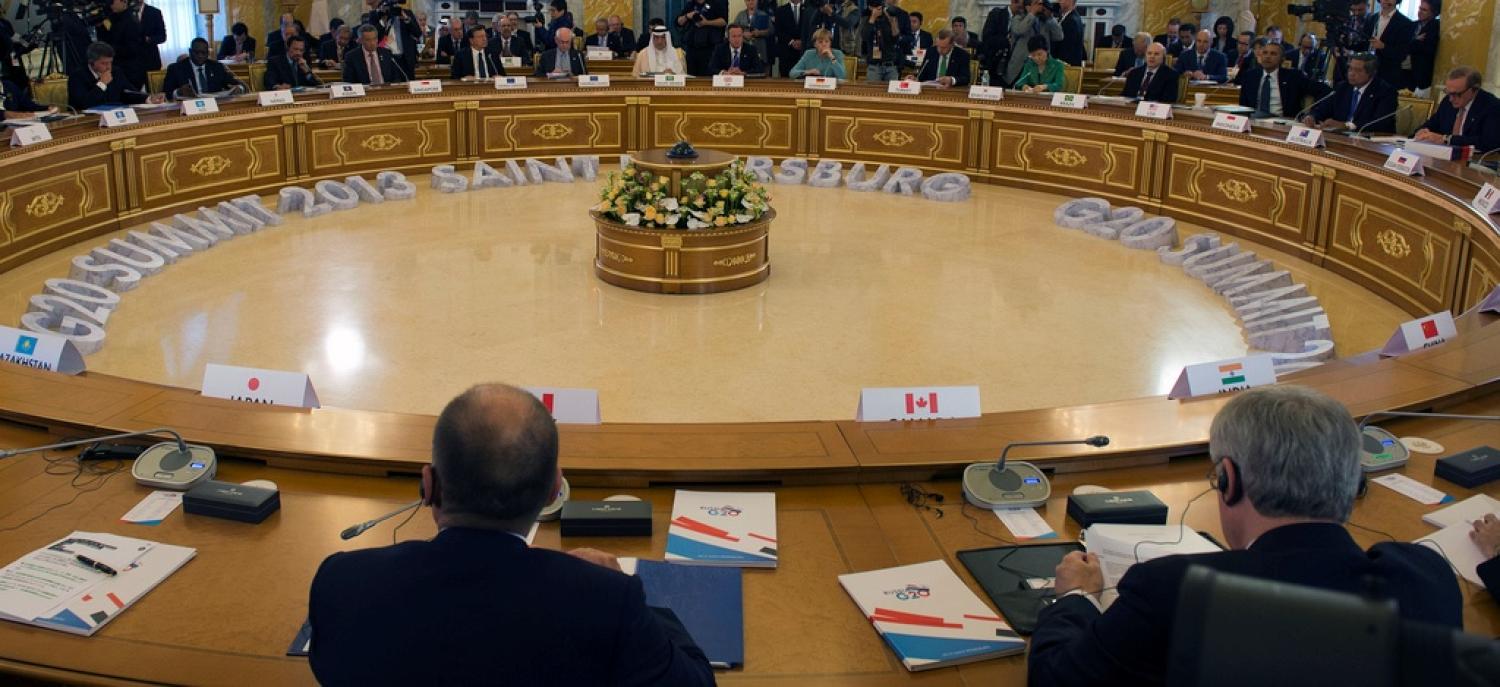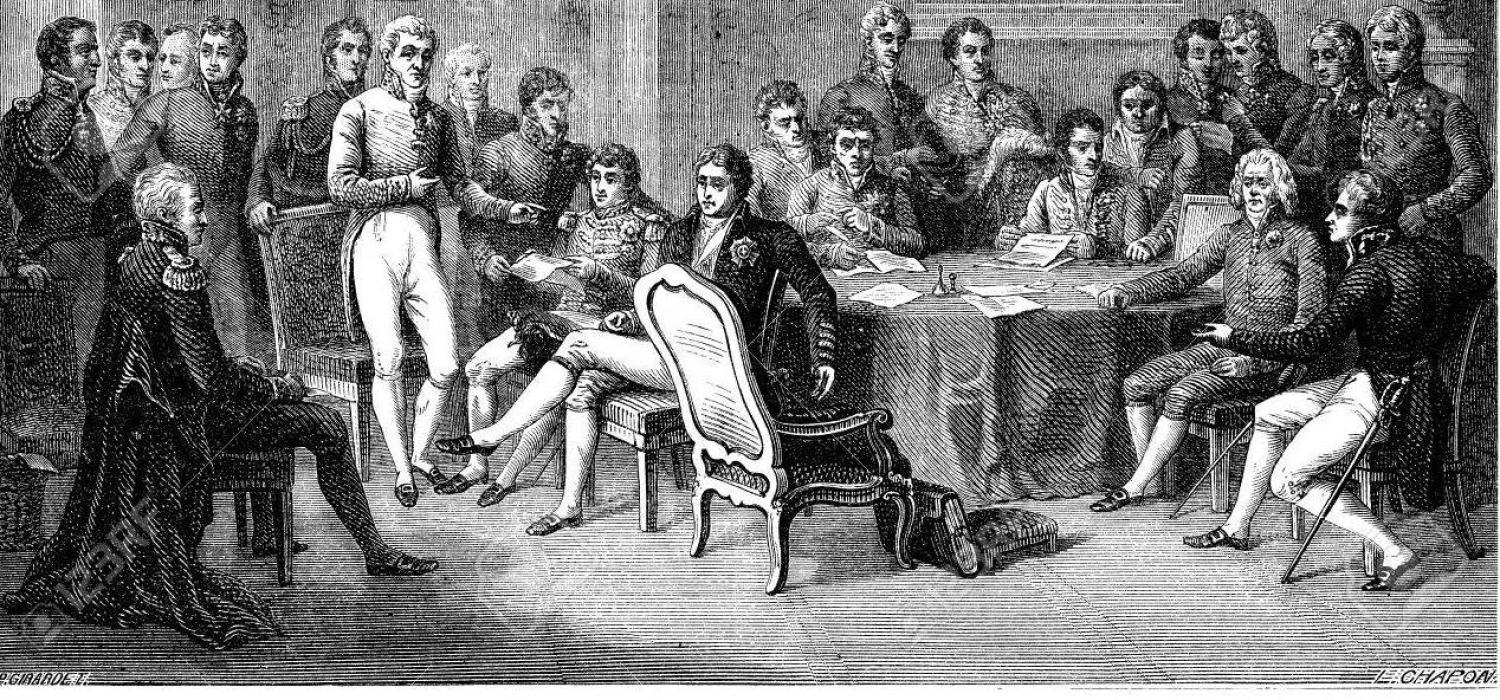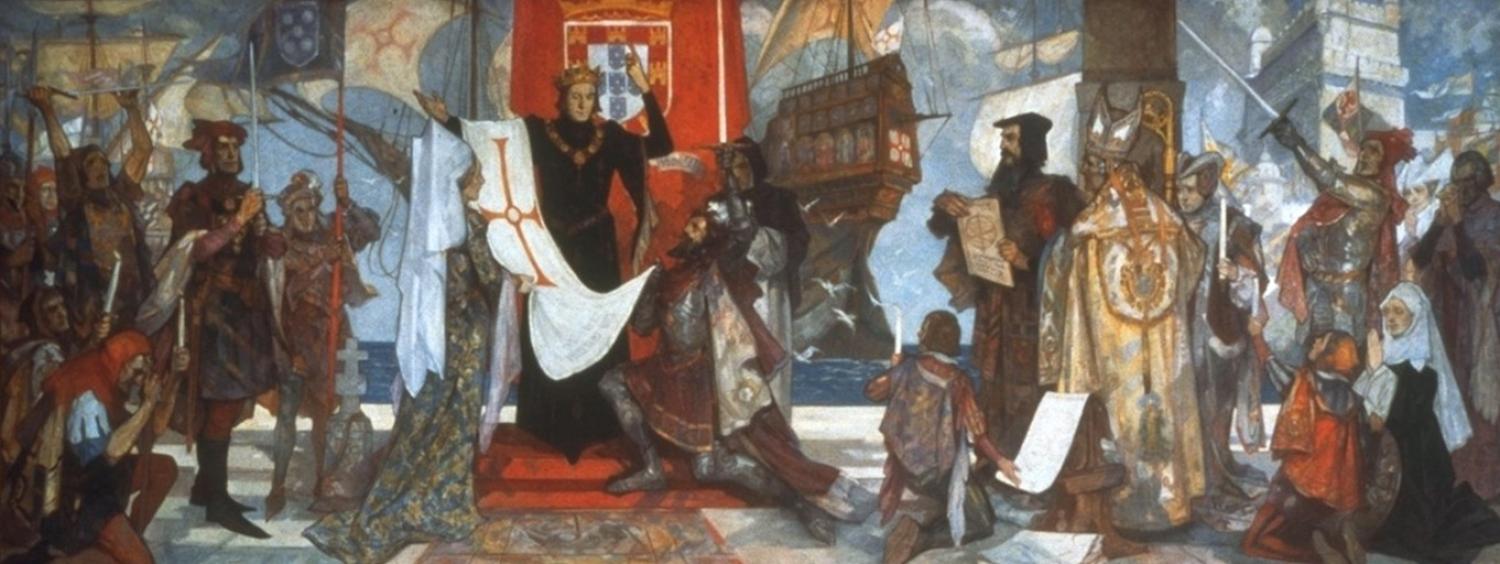The Lowy Institute has been producing its signature Papers series since 2004. The length of these papers - short books, really - is a clue to their ambition. They are intended not as commentaries on passing events but as sustained examinations of big trends shaping contemporary international affairs. They say something about the world today and the world to come, but they are also designed to repay attention at a certain remove from current events. That's why it is so useful to revisit Coral Bell's The End of the Vasco da Gama Era: The Next landscape of World Politics after ten years. It is a book very much of its time, but did it also transcended those times? In important respects, yes.
It's humbling to read The End of the Vasco da Gama Era today because it reveals the limits of forecasting, but it also demonstrates some techniques for making better predictions.
Bell was clearly acutely aware of the limits of her capacity to make predictions; the book is studded with qualifiers to that effect. She begins with Yogi Berra's famous quote that 'prophecy is difficult, especially of the future', and ends with Twain's familiar warning that history never repeats, it merely rhymes.
In between, there are a number of claims that, ten years later, Bell would probably revise. She says China will remain pre-occupied with economic development for the next 30 years. She tentatively but optimistically suggests that economic development might induce liberalising social change in China and Russia. And she says the prestige of conventional military capacity has diminished, an understandable claim in 2007 when the US and its allies were suffering miserably in Iraq and Afghanistan. But although America's military struggles in the Middle East continue, clearly the Chinese have not taken the lesson that conventional military power itself is unimportant for great-power status.
But one reason we're talking about The End of the Vasco da Gama Era after 10 years is that Bell gets a number of big things right, and she does it primarily by focusing on trends that won't suddenly shift. 'Long-term outcomes depend more on underlying factors: demographic, economic, technological and above all political', she writes. By mid-century, 20 countries will have populations of over 100 million, eight of them in Asia and only one in Europe. And speaking of Europe, Bell's description of it as 'not just an economic club' but a 'cultural, historical and geographical identity' would have been unpopular among liberals at the time, not least in Europe itself. But that sentiment has been powerfully reinforced in recent years. For a scholar with a reputation as a strategic classicist, Bell also made penetrating observations about the power of communications technology to change the norms of international relations.
Of course the core argument of The End of the Vasco da Gama Era was that Western domination of global politics was drawing to a close, and this has proven Bell's most enduring and important forecast. The trends Bell saw in 2007 have continued since she wrote: we are still witnessing a shift of global economic power from the Atlantic to the Pacific, and with it the relative decline of Western powers, primarily the US. These have been the most important global strategic and economic trends of the last decade, and many Western policymakers are only now beginning to wrestle with the policy dilemmas that Bell confronted a decade ago.
Bell reassures the reader that multipolarity is not unusual in international relations and need not be feared. The period of unipolarity enjoyed by the US between the Soviet collapse and the attack on the twin towers, by contrast, was unusual. Bell treats it as an interregnum, an interruption to a 'historically more familiar' international system in which power is shared by two or more great nations. For Australia, she writes, 'there is no need to mourn the end of the unipolar world...The United States will remain the paramount power of the society of states, only in a multipolar world instead of a unipolar or bipolar one.'
This might be the biggest call Bell makes in The End of the Vasco da Gama Era, and one wonders if she would declare it with such confidence today. At the very least, it is easier to imagine today that the US, rather than being the paramount power in a multipolar balance, will be no more than the equal of China, and perhaps India.
Photo by Flickr user Jessica and Lon Binder.




